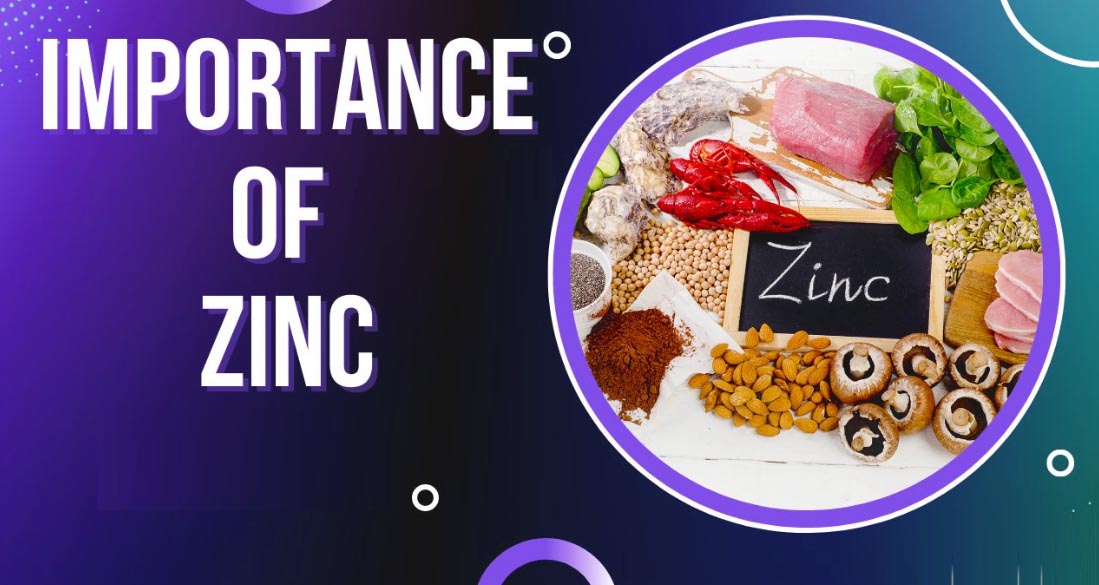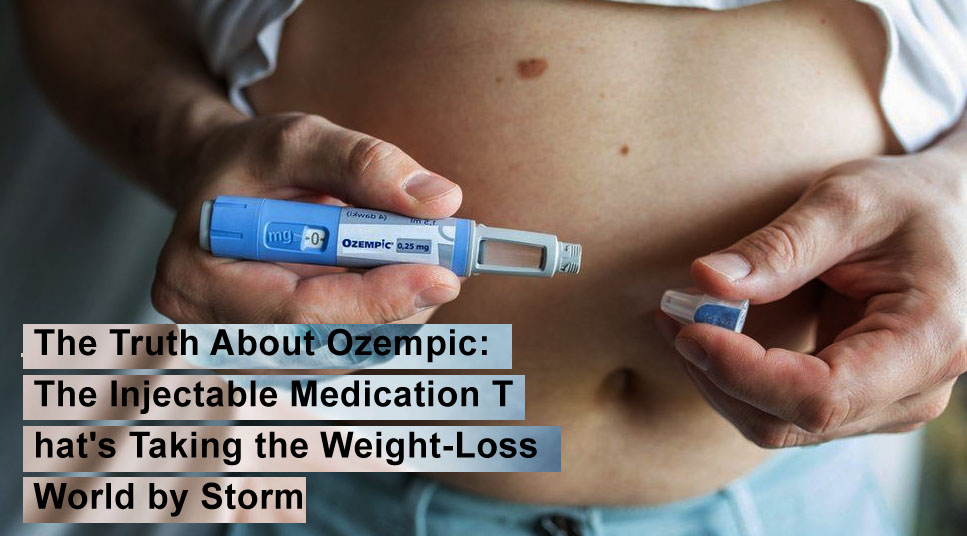ZINC is found in cells throughout the body. It plays a crucial role in cell growth, cell division, enzyme activity and DNA (deoxyribonucleic acid) synthesis.
As a result, this mineral is essential for many of the body’s normal functions and systems, including the immune system, wound healing, blood clotting, the thyroid, and the senses of taste and smell.
For example, researchers have found that taking zinc lozenges or syrup in the first 24 hours of being sick from the common cold can help reduce symptoms and make them clear faster.
Similarly, If you don’t have enough zinc in your body, you are more likely to develop pneumonia and other infections. Children and the elderly are particularly at risk of this.
You may also develop skin changes that initially look like eczema if you don’t have enough zinc in your body. In addition, people with leg ulcers may find relief from taking zinc supplements. Zinc is crucial too for one of the enzymes needed to taste and smell.
And as an antioxidant, zinc plays a significant role in preventing and slowing the progression of age-related macular degeneration. Equally importantsuply, this mineral ports normal growth and development during pregnancy, childhood and adolescence.
Lack of zinc
The body cannot manufacture zinc, so it must be obtained from food. The majority of it is stored in the muscles and bones.
Now, even though our bodies don’t need large amounts of zinc, people can still become zinc deficient.
There are three chief causes of an underlying zinc deficiency.
The first is not consuming enough zinc through one’s diet.
A study published in the journal Scientific Reports indicated that 1.1 billion people around the world suffer from zinc deficiency caused by inadequate dietary intake.
The second is poor absorption of zinc by the body.
This would lead to a loss of zinc, even if you are eating enough foods with this mineral.
And the final cause is certain chronic medical conditions, such as:
> Sickle cell disease
> Crohn’s disease
> Ulcerative colitis
> Chronic diarrhoea
> Coeliac disease
> Diabetes
> Cancer
> Chronic kidney disease > Alcohol addiction.
Consuming a wholly vegetarian diet can also be a cause of zinc deficiency. This is as the body breaks down zinc more efficiently when it comes from meat. In addition, vegetarians generally consume more legumes, nuts and whole grains than non-vegetarians.
While these are healthy foods, they can interfere with zinc absorption because the phytates (the stored form of phosphorus) found in these foods bind to zinc and prevent it from being absorbed. Similarly, many older people do not eat a wide variety of foods, which puts them at risk for zinc deficiency.
Some medications can also cause the body to release zinc more readily. Examples of these drugs include chlorthalidone and hydrochlorothiazide, which are thiazide diuretics that are commonly used to treat high blood pressure.
Zinc absorption is also affected by a rare genetic disorder called acrodermatitis enteropathica.
Related to function
A zinc deficiency is typically characterised by symptoms related to zinc’s functions, which can include a loss of appetite, slower than expected growth, and an impaired immune system.
Meanwhile, severe zinc deficiency can cause even more concerning symptoms, such as: > Poor wound healing > Unexplained weight loss > Unusual taste sensations > Delayed sexual maturity
> Eye and skin lesions
> Delayed sexual maturity > Lethargy.
It is also possible for men and boys to experience impotence and hypogonadism (when the testes produce little or none of the male sex hormone testosterone in males) due to the lack of zinc. Despite the fact that a doctor can order a blood or urine test to check zinc levels, these tests may not give a definitive result.
This is due to the fact that zinc is only present in small amounts in the body’s cells. An individual with zinc deficiency will need to have a full health history taken, including questions about their dietary intake.
People who don’t consume enough calories or eat enough variety of foods may suffer from zinc deficiency.
Just enough zinc
A variety of foods are high in zinc, including meat, fish, poultry, cereals and dairy products.
Specific examples include: > Oysters
> Instant, plain oatmeal
> Milk
> Baked beans
> Fortified breakfast cereals > Beef chuck roast
> Yoghurt
> Chickpeas.
The amount of zinc the body can absorb is influenced by how much protein is in the diet, so vegetarians and vegans, as well as those on long-term restricted diets, are more likely to suffer from zinc deficiency.
One way to overcome this is through certain preparation methods and eating certain foods in order to make zinc more available in your daily diet.
For example, soaking beans in water before cooking them decreases the amount of phytates in them, so that the body can more readily absorb zinc.
Similarly, eating leavened grains also helps you reduce the amount of phytates in your diet.
Zinc supplements, multisupplements vitamin and zinccontaining cold remedies are available for people who need more zinc than they can get from food alone.
In most pharmacies and health stores, zinc supplements are available as zinc gluconate, zinc sulphate and zinc acetate.
They can contain different amounts of elemental zinc. The amount of zinc in each type of supplement should be indicated on the label.
On the other hand, too much zinc can cause nausea, vomiting, diarrhoea, abdominal cramps and headaches. It may also interfere with the absorption of copper and iron, which our bodies also need.
It is not recommended that you take more than 40mg of zinc a day, unless your doctor prescribes it.
If you think you may be zinc deficient, speak with your doctor about supplementation and other treatments. Datuk Dr Nor Ashikin Mokhtar is a consultant obstetrician and gynaecologist, and a functional medicine practitioner. The information provided is for educational and communication purposes only, and it should not be construed as personal medical advice. Information published in this article is not intended to replace, supplant or augment a consultation with a health professional regarding the reader’s own medical care. The Star does not give any warranty on accuracy, completeness, functionality, usefulness or other assurances as to the content appearing in this column. The Star disclaims all responsibility for any losses, damage to property or personal injury suffered directly or indirectly from reliance on such information.




